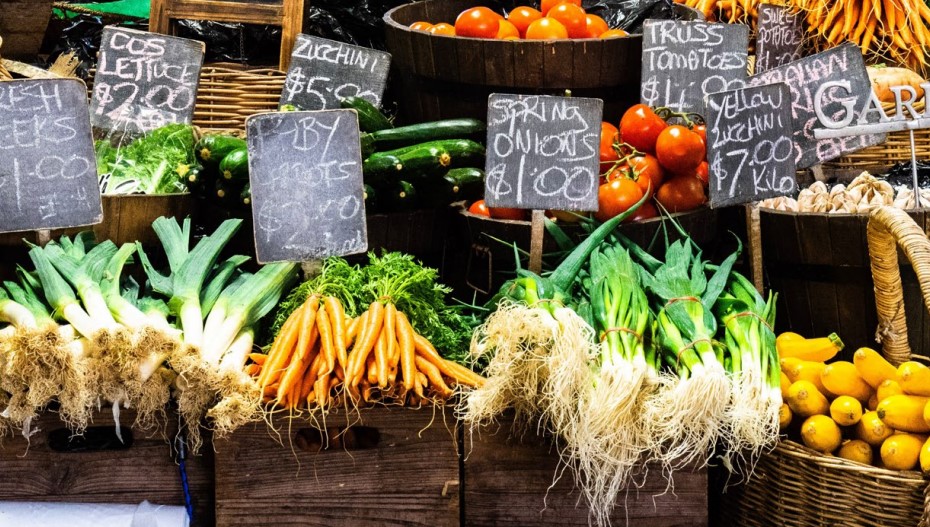A new roadmap released by Australia’s national science agency says that Australia’s food systems must change now to remain sustainable in the future.
CSIRO’s roadmap, Reshaping Australian Food Systems, had input from more than 120 stakeholders across the country, and lists five areas of opportunity, each with their own 2030 targets and 2050 goals:
- Enabling equitable access to healthy and sustainable diets
- Minimising waste and improving circularity
- Facilitating Australia’s transition to net zero emissions
- Aligning resilience with socioeconomic and environmental sustainability
- Increasing value and productivity.
Kirsten Rose, CSIRO’s Executive Director, Future Industries, said the roadmap would provide an important resource for decision makers.
“Australia’s food systems currently support an estimated 70 million people across the nation and through our export markets so it’s critical those systems are robust enough to meet future needs,” Rose said.

“This roadmap represents a collective approach to tackling some of the biggest challenges facing the security and health of our food.”
CSIRO’s Director of Agriculture and Food, Dr Michael Robertson said the roadmap covered a broad look at food systems and how they interact with wider societal systems.
“Recent climate extremes, the COVID-19 pandemic, and geopolitical uncertainties show that we need to prepare our food systems for a shifting risk landscape in our interdependent world,” Robertson said.
“Addressing these challenges and redirecting our food systems towards greater sustainability and resilience will help us protect our food security into the future.”
A number of alternative protein businesses and concepts are listed in the roadmap, including Queensland’s Fenn Foods, which is acknowledged as producing the world’s first carbon neutral, plant-based mince – an example of the third listed goal: Facilitating Australia’s transition to net zero emissions.
The March 2022 announcement of major investments and partnerships to grow Australia’s plant protein ingredient manufacturing capabilities in South Australia was also referenced as an example of value-add manufacturing.
Download the roadmap, Reshaping Australian Food Systems, here.
To stay up-to-date on the latest industry headlines, sign up to Future Alternative’s enewsletter.
Posted on:


